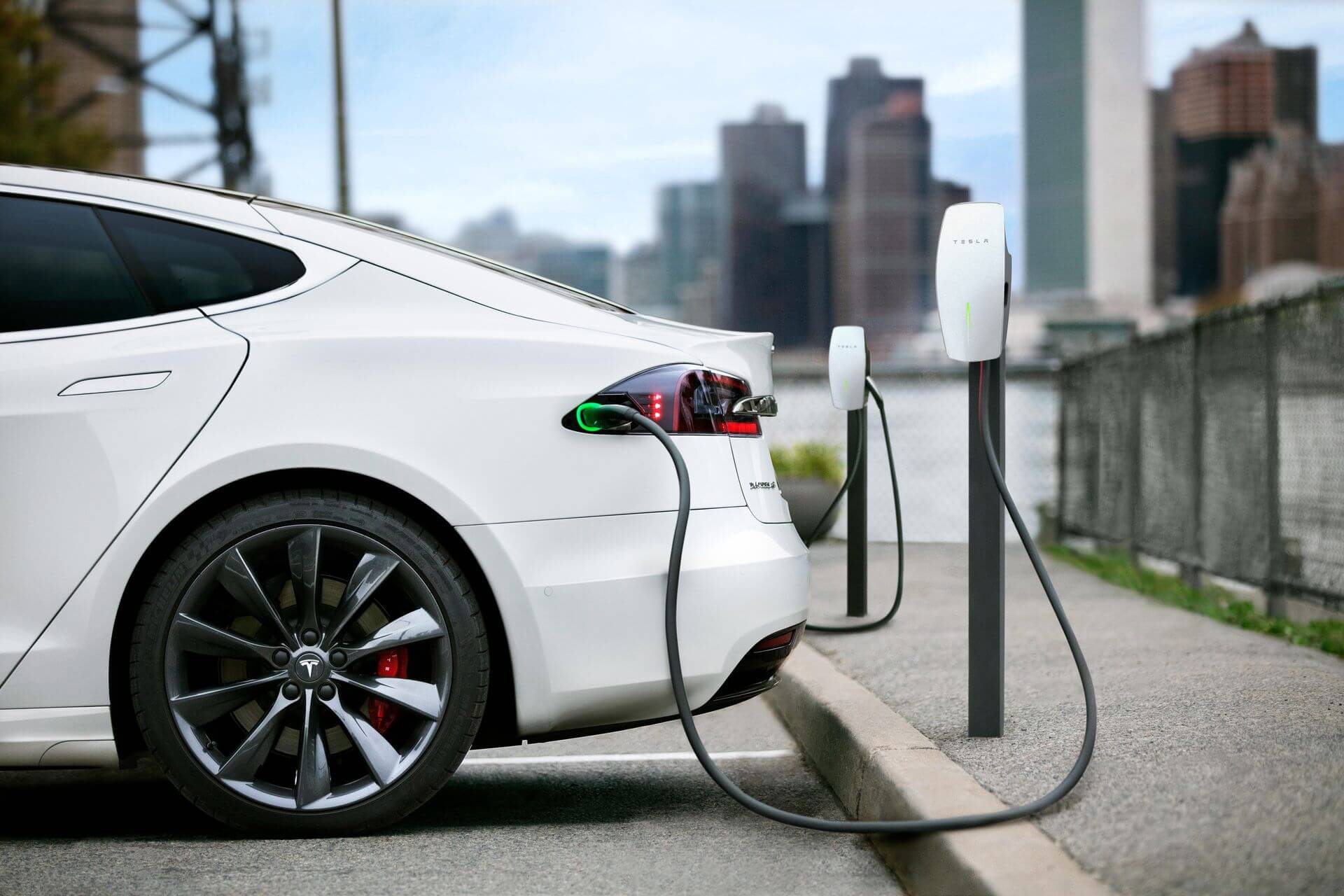The International Energy Agency (IEA) has released its latest Global EV Outlook, forecasting a milestone in the electric vehicle (EV) industry with global sales projected to hit 17 million by the end of 2024. Despite challenges in some markets, the report underscores a transformative shift in the automotive landscape, driven by surging demand and supportive policies.
According to the outlook, the first quarter of 2024 witnessed a remarkable 25% increase in EV sales compared to the same period last year. This growth trajectory, although consistent, is now operating from a larger base, with the number of electric cars sold globally in the first quarter alone equivalent to the entirety of 2020.
China remains a pivotal player in the EV market, with projected sales skyrocketing to approximately 10 million in 2024, constituting nearly half of all car sales in the country. The United States and Europe also show promising adoption rates, with approximately one in nine cars in the U.S. and one in four cars in Europe expected to be electric.
The momentum behind electric cars is further underscored by a record-breaking 35% surge in global EV sales in 2023, reaching nearly 14 million units. While traditional markets like China, Europe, and the U.S. led the charge, emerging markets such as Vietnam and Thailand also experienced significant growth, with electric cars accounting for 15% and 10% of total car sales, respectively.
Driving this shift are substantial investments in the EV supply chain, continuous policy support, and declining prices of EVs and batteries. The IEA’s projections indicate that under current policies, every other car sold globally will be electric by 2035. However, if countries meet their energy and climate pledges, two in three cars sold could be electric by the same year.
Fatih Birol, Executive Director of the IEA, emphasized the far-reaching implications of this transition, stating, “The global EV revolution appears to be gearing up for a new phase of growth.” He highlighted the significance of this shift for both the auto industry and the energy sector, with major ramifications expected in the coming years.
Manufacturers have risen to the challenge, making substantial financial commitments to meet governments’ ambitious EV targets. With the world’s capacity to produce batteries for EVs well positioned to meet rising demand, affordability remains a critical factor in the pace of transition.
In China, where over 60% of EVs sold in 2023 were cheaper than their conventional counterparts, affordability has been a driving force. However, in Europe and the U.S., upfront costs still pose a barrier, despite intensifying competition and advancing battery technologies.
The report also stresses the importance of infrastructure development, particularly in public charging networks, to sustain EV growth. While global public charging points increased by 40% in 2023, significant expansion is needed to align with government pledges. Policy support and strategic planning are essential to ensure the seamless integration of EVs into existing electricity grids.
As the world accelerates towards electrification, the IEA’s outlook paints a picture of a future where electric mobility reshapes not only transportation but also energy consumption on a global scale.

